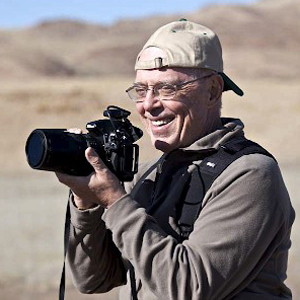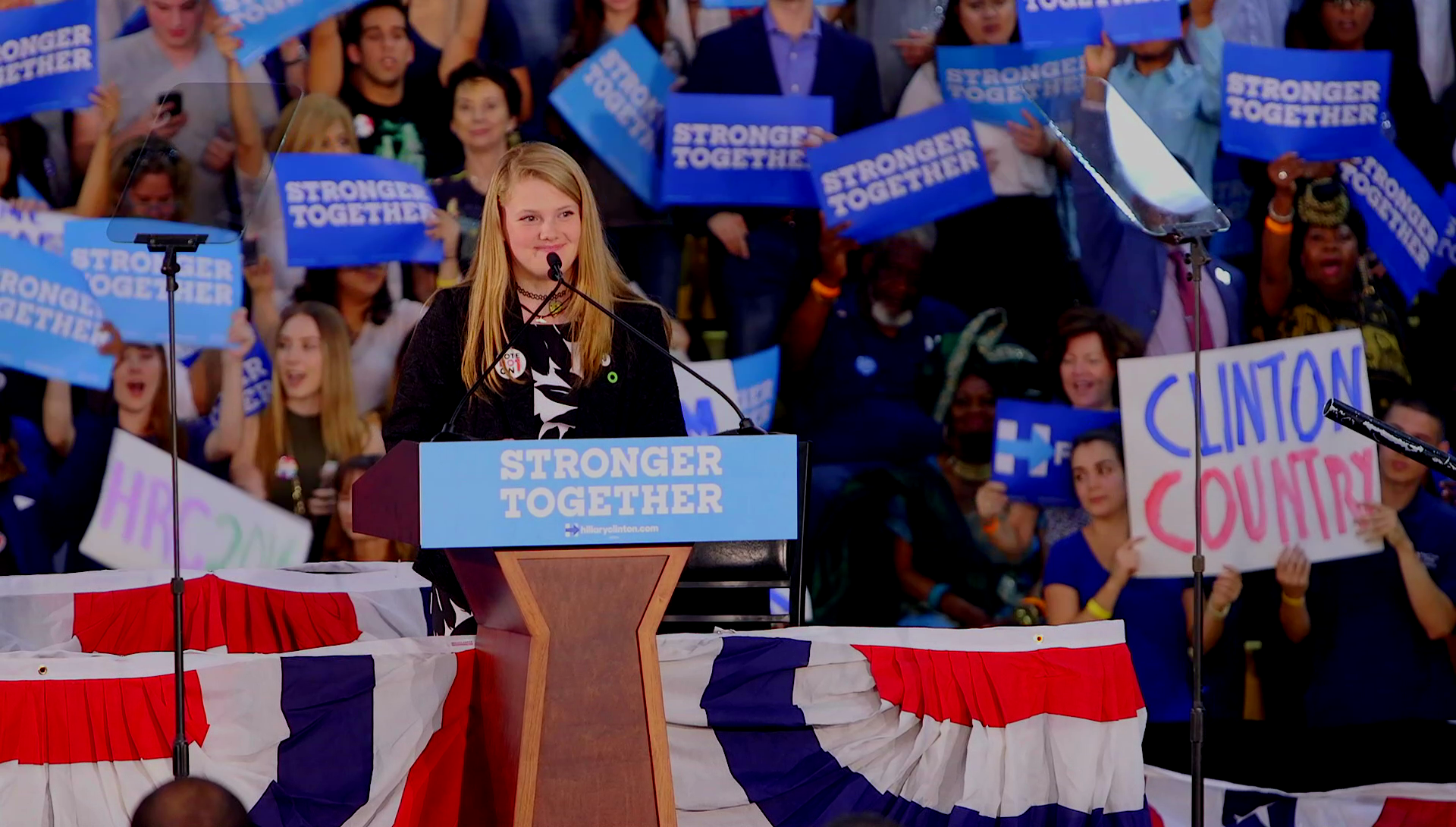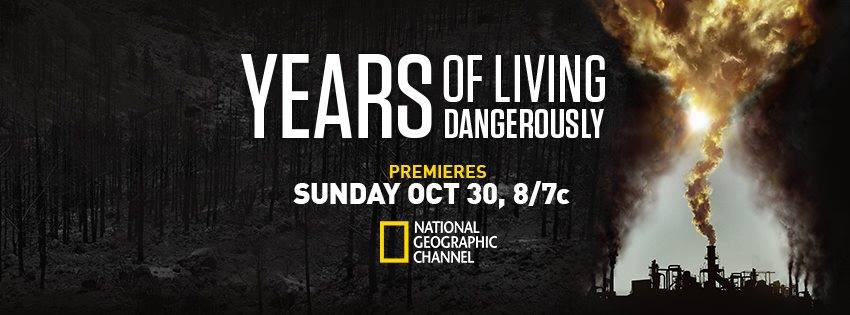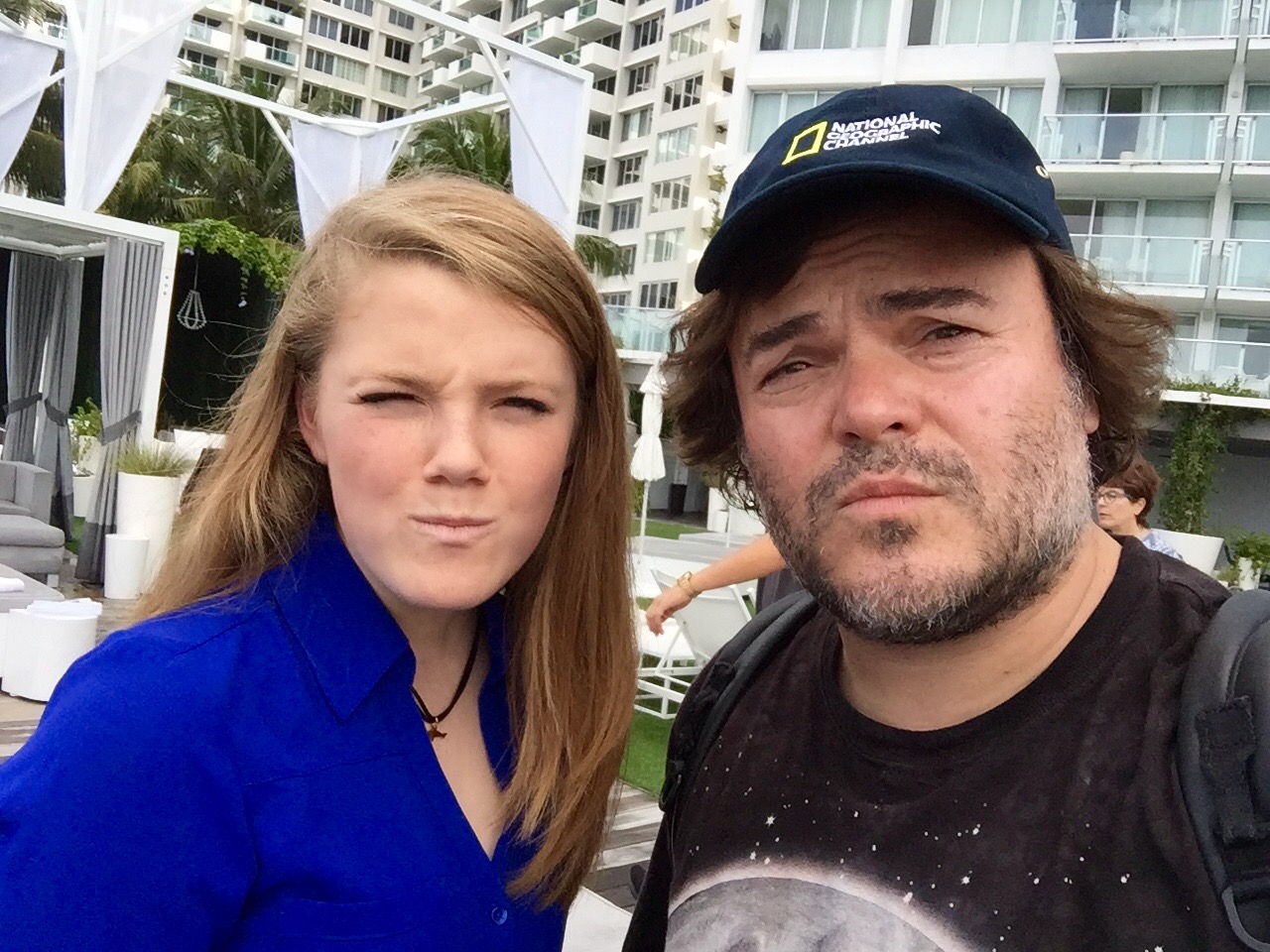Dalton Georgia: From Carpet Capital of the World to America’s Solar Manufacturing Capital
Dalton Georgia and the Northwestern part of that state were literally put on the map in the early 1900’s by an inspiring combination of the invention of the automobile, the paving of U.S. Highway 41 that then ran from Michigan to Miami, and the ingenuity of a 15-year-old entrepreneur with a fifth-grade education by the name of Catherine Evans-Whitener.
Catherine was born in Northwest Georgia in 1880 and when she was just 12 saw what’s called a tufted quilt during a family visit to her cousin’s home. She quickly fell in love with quilting and spent the next three years mastering her craft and giving away her creations as gifts. Her work became so popular that by the time she turned 15 she had created a small business that sold hand-made quilts to people who would drive from Miami to Michigan and all sorts of places in between in that new invention called the automobile and on that newly paved road that went through the town she lived in. By 1917 she and her family created the Evans Manufacturing Company that, in addition to quilts and tufted bedspreads, evolved into selling machine made carpets. Soon other woman in the region were inspired by Catherine’s success and were opening their own textile companies all over Northwest Georgia. Today, Dalton and the Northwest Georgia region is known as the ‘Carpet Capital of the World’ and employs over 30,000 people who work in over 150 carpet mills and about 100 carpet outlets.
“By 2027, the Qcells expansion is projected to supply about 30% of total U.S. demand for solar panels. I think it’s fair to say that this deal is President Biden’s vision come to life.”
John Podesta
White House Senior Advisor for Clean Energy Innovation & Implementation
And by now you might be asking yourself what does a 15 year old elementary school dropout and carpet manufacturing have to do with solving our climate crisis? Well, just maybe, a lot. You see, in 2022 Georgia Senators Raphael Warnock and Jon Ossoff introduced the Solar Energy Manufacturing for America Act to create tax incentives designed to dramatically increase domestic solar manufacturing here in the United States. The bill was included in the Biden Administration’s landmark 2022 Inflation Reduction Act and may serve, some say, to help transition the United States into the solar equipment manufacturing capital of the world. I sure hope that is exactly what happens, that America becomes the dominate manufacture of solar parts and equipment on the planet. If that’s to happen then it appears it will start in Dalton Georgia, the same region that Catherine started her industry.
“We are seeking to further expand our low-carbon solar investments as we lead the industry towards fully American-made clean energy solutions,”
Justin Lee, CEO, Qcells
You see, a South Korean company by the name of Hanwha Qcells announced this week that it is investing $2.5 Billion to expand its existing Dalton Georgia plant and to also build a new plant there in Northwest Georgia. The White House has also just announced that the Qcells news represents the nation’s single largest investment in solar manufacturing in American history. Whether from an economic perspective, our national security or the climate crisis, this investment and news is wonderful.
Qcells currently manufactures solar parts that are capable of generating 1.7 gigawatts of electricity each year at its Dalton plant. But after the expansions the company will be able to make 8.4 gigawatts worth of modules (about 10,000 solar panels) per year, which will include a capacity of 5.1 gigawatts in Dalton and 3.3 gigawatts in its nearby Cartersville factory. Once completed the new facility will represent the first and only entirely domestic supply chain here in the United States by making solar panels, silicon ingots, wafers and cells (currently China dominates such manufacturing, especially ingots and wafers) and result in the creation of 2,500 good paying jobs.
Qcell’s parent company (Hanwha) spent over a year doing due diligence to search for the best location for its expansion and investment. Ultimately, the company narrowed its choice down to Georgia, South Carolina, and Texas before selecting Georgia. And, as good as the news in Georgia is, one can’t help but wonder why the so called “Sunshine State’s” (Florida) government is never, ever mentioned as being at the forefront of brining this type of investment and innovation, much less the solutions we need to reduce carbon and help solve our climate crisis. Florida is at dire risk from our world’s climate crisis including rising sea levels and the sooner our leaders (especially people like Governor DeSantis and US Senators Rubio and Scott) become part of the solution by leading and facilitating the type of investment that’s taking place in Georgia, rather than supporting antiquated industries and their pollution, the better.
And speaking of investment, although it’s not nearly enough (yet) to solve the climate crisis I think it’s fair to say that this White House, especially through 2022, has made commendable strides in putting America’s money where the problem is. The Biden Administration has driven an estimated $300 billion in private investment in electric vehicles, semiconductors, clean energy, and batteries to help push America’s transition from a fossil fueled based economy to one based on sustainable energy solutions. Bravo.
But as good as this news is (and it’s truly excellent) I just can’t help but wonder and worry about Florida’s future.
Nearly $25 billion of the $300 Billion I just mentioned is being invested in the State of Georgia including two $5 billion electric vehicle plants, and a $4 Billion battery plant (just last month Hyundai announced that it is building an electric vehicle plant in Georgia while also partnering with another South Korean company [SK Group] to build a battery plant in Northwest Georgia). If all of this seemingly began with a 15-year-old Georgia girl’s skill at quilting, can you imagine what a group of inspired Floridian’s could do together to evolve industry, create countless jobs, and help play a role in solving the most significant challenge mankind has ever faced?






